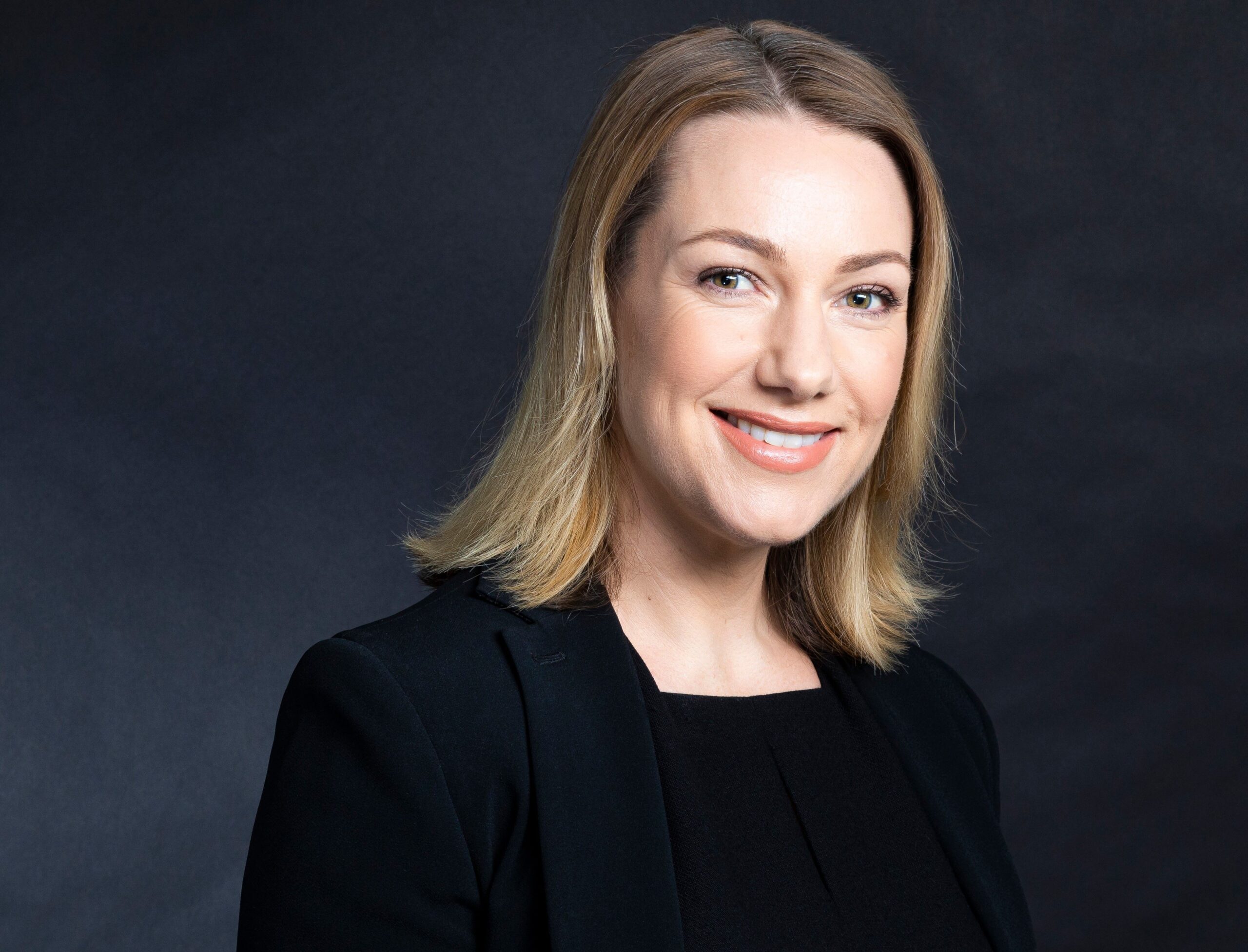The future of business in a pandemic changed Aotearoa
Pandemics, climate change and the technology-induced democratisation of knowledge and communication are creating a whole new business world, says the director of innovation at Tech Futures Lab.
Covid-19 by itself is not the only driver changing how we live, work and play, but it is one of a cluster of change agents that have shifted the narrative for businesses who must now re-engineer to meet new customer behaviours and problems, as well as the needs of the planet.
Future needs will be driven by factors such as climate change, supply chain disruptions, resource shortages, contactless workplaces in a pandemic world, as well as the growing restlessness of the disenfranchised – as demonstrated by the Black Lives Matter and #MeToo movements.
“The old human-made drivers of world economies, such as infinite profit maximisation, and carbon intensive practices, have lost influence,” says Priti Ambani (pictured), Director of Innovation at Tech Futures Lab®.
“There is opportunity now to step out of our comfort zone and explore new ground. To understand this, businesses need to operate at two speeds. One is business as usual, with incremental improvements to keep humming in the here and now. This may be important in the short term, but we know that to be relevant they need to, with urgency, step up a gear and imagine and act on a long term strategy — to innovate.
“The story of the past century was an economic one which shaped our skills, business models and lifestyles. Pandemics (or even just the fear of viruses), climate change and the technology-induced democratisation of knowledge and communication are creating a different world.”
Ambani says virus resistant clothing, contactless payments, perhaps even antibody passports and exclusive access to Covid-19 free flights and clubs, could all be part of a new future that will need a different response from business and a new set of skills.
“The planet’s resources are depleted, and the environment is depleted and the lockdown reminds all of us just how important it is to reconnect with family, community and ourselves.”
“Until now the economic models that have governed the way that we live are not working for everybody – not anymore. The planet’s resources are depleted, and the environment is depleted and the lockdown reminds all of us just how important it is to reconnect with family, community and ourselves.”
The dilemma or perhaps opportunity, says Ambani, is that even in a contactless world we cannot take the human need for interaction for granted. Companies that can accommodate the contradictory need to be social with the need to keep safe will have an edge.
“Business needs to be thinking about new behaviours. They need to understand their customers and changing needs. For example, we are shifting away from the ‘single dose, front loaded education degree’ to continuous learning or from white majority populations to white minority populations. Western countries have an ageing population, while Eastern economies are powered by younger populations. Trust is moving away from institutions to close networks and peers. Businesses should be thinking about these macro level changes and their impact.”
Ambani says leaders should look at the future version of their business because the education system, which is slow to change, will not provide the answers. The appropriate skills and talents will not just fall out of university. Instead, business leaders need to be proactive to understand needs and identify first movers in their category, so they can understand what better trans-disciplinary skills they need.
“I’m not surprised by Deloitte’s Global Human Capital Trends report: The social enterprise at work: Paradox as a path forward findings that less than five percent of New Zealand organisations are confident they know what the skills of the future are going to be’.
“It’s because businesses are looking in all the wrong places.”
To get on the front foot, Ambani urged New Zealand business leaders to take a long hard look at what is going on around them instead of just staying in to ‘business as usual’. Her advice is to:
- Identify the macro and micro drivers. From Covid-19 to the small change agents emerging in every industry.
- Analyse the behaviours, needs and problems of your teams, customers, and suppliers.
- Examine the data, and act (nimbly) on the data to learn and adjust.
“Never in history have we needed contact tracing at today’s scale. Different behaviours will stimulate different demands, needs, problems and thought patterns,” says Ambani.






